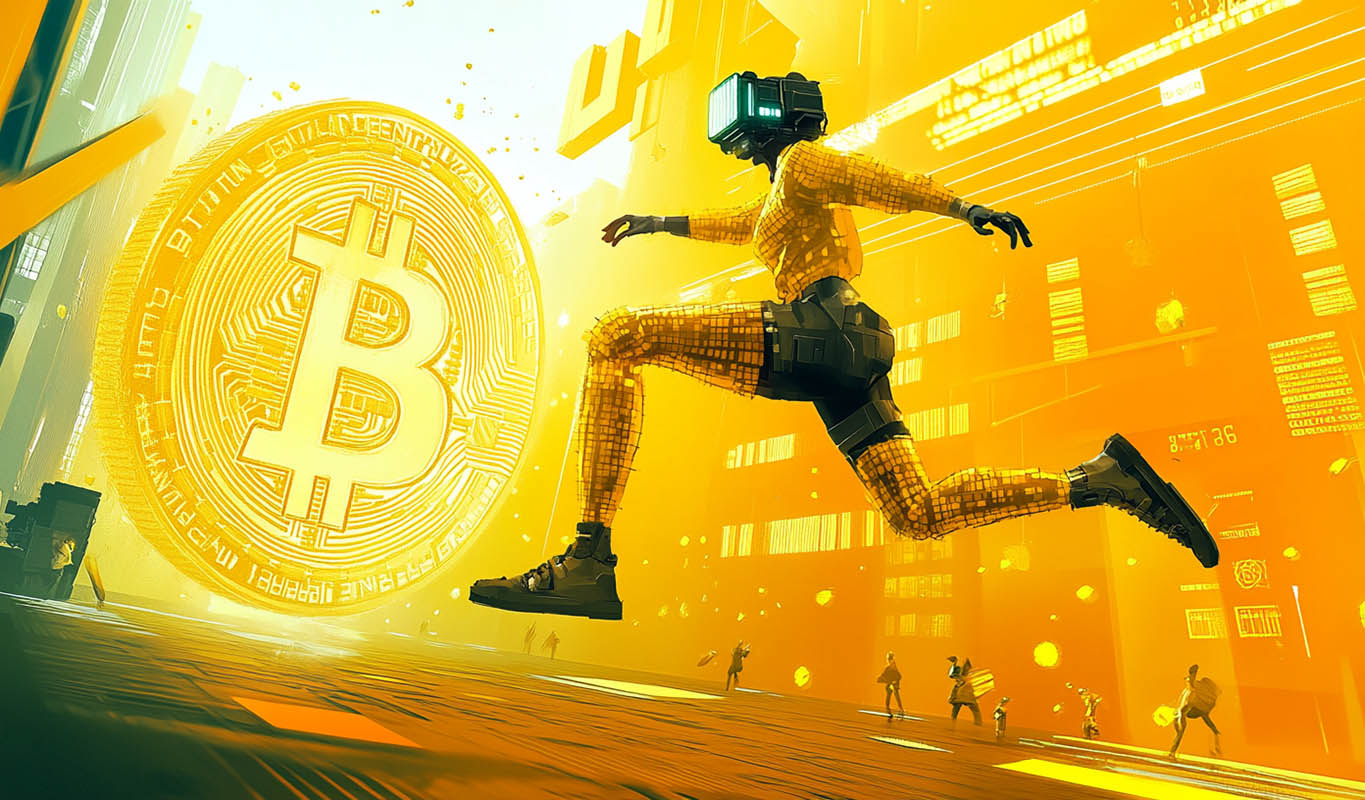In a recent and highly publicized dispute on a prominent social media platform, Charles Hoskinson, the co-founder of Ethereum and creator of Cardano (ADA), clashed with Adam Back, a leading Bitcoin (BTC) proponent, over the classification of cryptocurrencies. The debate, which has drawn significant attention in the crypto community, revolves around whether cryptocurrencies should be considered commodities or securities.
Adam Back debates crypto’s commodity vs. security
Hoskinson challenged the crypto community to discern clear differences between major cryptocurrencies such as Bitcoin, Ethereum, and Cardano. He emphasized the need for a straightforward explanation, demanding the application of the Howey test, a U.S. legal test for determining whether transactions qualify as investment contracts, to these cryptocurrencies. In his argument, Hoskinson pointed out the presence of an “expectation of return” in Bitcoin and raised questions about its level of decentralization.
Contrarily, Adam Back, known for his pivotal contributions to Bitcoin, argued that Bitcoin‘s origins as a mined currency, devoid of any initial coin offering (ICO), distinctly categorizes it as a commodity. He likened Bitcoin to traditional commodities like gold and diamonds. In his view, Ethereum and Cardano, having different launch processes, could be considered unregistered securities.
Adding complexity to the debate, the Cardano ICO was conducted through a voucher sale of a different asset, specifically targeted at Japanese citizens and excluding U.S. participants. This unique approach has led to questions about Cardano’s classification under U.S. securities law. Hoskinson maintained that the voucher sale in Japan should not be considered an ICO, a point contested by some in the Bitcoin community.
Members of the Bitcoin community have accused Hoskinson of misrepresenting facts, citing the ICO price of Cardano at $0.0024 per token and the option for investors to purchase ADA, Cardano’s native token, using Bitcoin. The controversy hinges on whether this sale constitutes an ICO and whether Cardano should be classified as a security in the United States.
Regulatory implications in Hoskinson and Adam Back’s crypto debate
This heated debate between Hoskinson and Adam Back holds significant implications for the cryptocurrency industry. Classifying a cryptocurrency as a commodity or a security directly affects its regulation, investor perception, and market dynamics. For instance, securities are subject to strict regulatory requirements in the United States, which can influence investor behavior and market stability.
The outcome of this discussion could set a precedent for how other cryptocurrencies are viewed and regulated. As regulators worldwide grapple with the rapidly evolving digital currency landscape, the perspectives of influential figures like Hoskinson and Adam Back offer crucial insights into the complex nature of these assets.
The ongoing debate between Charles Hoskinson and Adam Back represents a pivotal discussion in the cryptocurrency world, focusing on the proper classification of these digital assets. Hoskinson ardently supports Cardano’s innovative methodology, arguing for its distinctive status, while Adam Back staunchly upholds Bitcoin’s position as a commodity. This dialogue is more than an intellectual exchange; it’s a critical factor that will significantly influence future cryptocurrency regulations and investment strategies. The outcome of this debate could set a precedent for how digital currencies are viewed and governed globally, potentially reshaping the financial landscape and impacting investor decisions.




